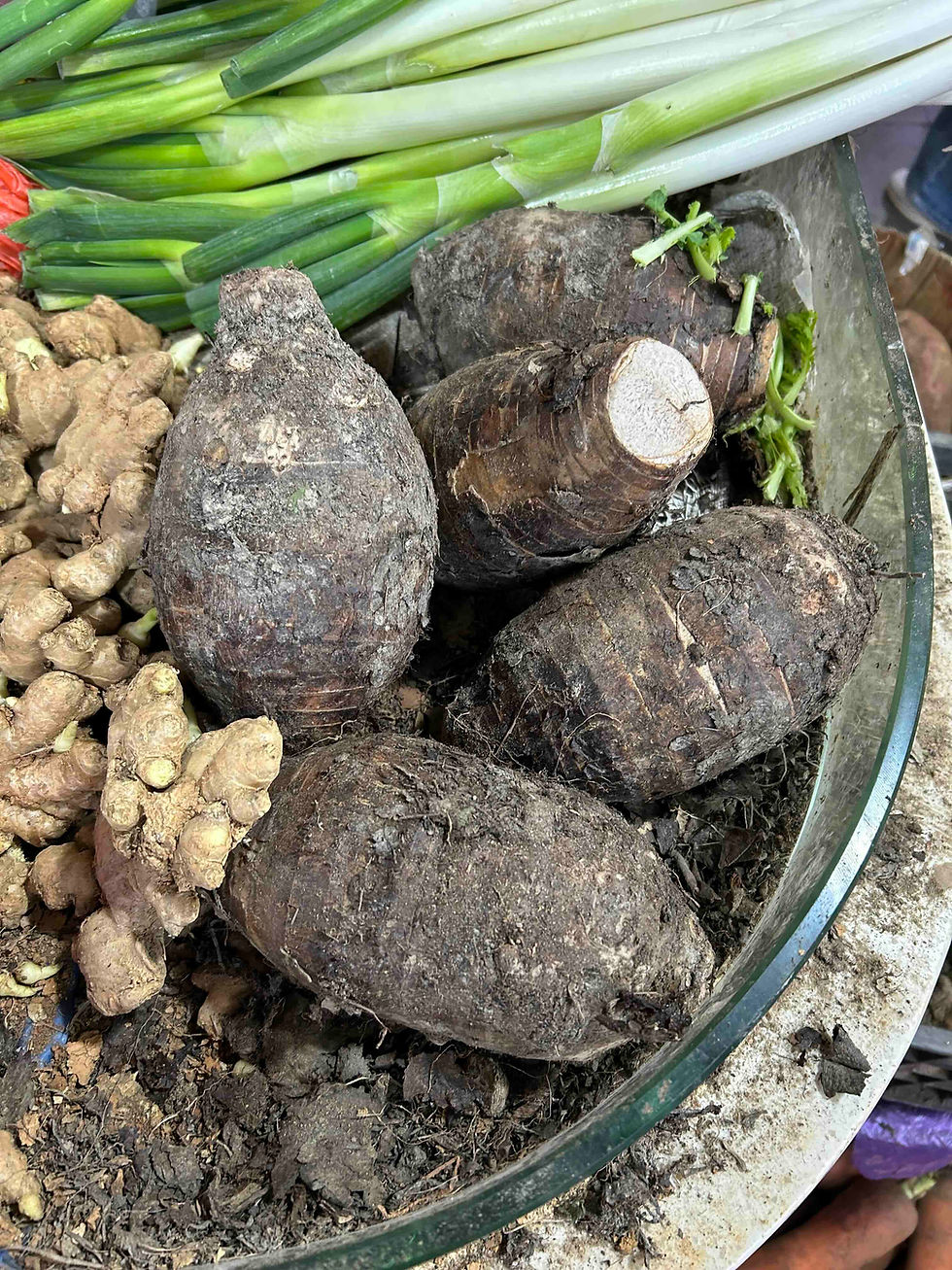杜甫《催宗文樹雞柵》 “Urging Zongwen to Set up a Chicken Run” by Du Fu
- Rachelle

- Aug 31, 2020
- 3 min read
As I’m planning for a trip to Chengdu, it’s inevitable that I should prepare myself by reading Du Fu 杜甫 (712-770), one of the greatest poets who wrote some of his best poems in Chengdu (759-765). As it happens, someone asked me a few days ago for a classical poem about chicken keeping. To my great delight, I came across a nice one about Du Fu urging his eldest son to set up their chicken run (though it was written shortly after he left Chengdu). Like most poems I’ve shared, this poem is not listed among its author’s best works; it’s not even known by many. However, it’s so real-life, and anyone who has a little bit of experience of keeping chickens like myself would certainly find it entertaining.
The whole poetic corpus of Du Fu has been made available in English translations by Stephen Owen with open access.[1] His translations are primarily based on the seventeenth-century Jiguge 汲古閣 edition (which is itself based on two early Southern Song editions) and the thirteenth-century edition of Jiu jia jizhu Dushi 九家集注杜詩, edited by Guo Zhida 郭知達 (fl. late twelfth century).[2]
My translation below, however, is primarily based on the eighteenth-century Dushi xiangzhu 杜詩詳注, extensively annotated by Qiu Zhaoao 仇兆鰲 (1638-1717). I found Qiu Zhaoao’s commentaries extremely interesting. He didn’t just collect earlier commentaries, identify allusions, and gloss words/phrases as many other commentators do, but also explained, to a greater extent than other commentators, how the ideas behind individual lines may be connected to each other.
I must say I got lost halfway when I first read this poem. Qiu Zhaoao’s annotations proved very forthcoming at the specific points that confused me. I’m presenting a translation of his reading not because I believe he got all the right answers, but I have an impression that he spared no effort to really think through the poem and also articulated his interpretations eloquently.
I’m indebted to Owen’s translation, which often has nice wording that I can’t think of. But as always, I’ve tried to stay close to the original wording and give alternative readings in my notes. A great thing about reading commentaries is to see that what baffles me is also considered as in need of further explanation by those learned commentators.
As my translation and notes are presented in images again this time, the links in my notes will be listed again at the end of this blog.
[1] https://www.degruyter.com/view/title/319782?tab_body=toc-75135. [2] See Stephen Owen, The Poetry of Du Fu (Boston/Berlin: De Gruyter, 2016), “Introduction,” lxix-lxxvi.



*From Du shi xiangzhu 杜詩詳注 (Beijing : Zhonghua shuju, 1979), annotated by Qiu Zhaoao 仇兆鰲 (1638-1717), 1311-1313.
Links in the images:
[12] “Fengyu” 風雨 (Wind and Rain) in the Shijing 詩經 (https://ctext.org/book-of-poetry/feng-yu) and the phrase xin fei shi 心匪石 (the heart/mind is not stone) in line 32 to the song “Bozhou” 柏舟 (Cypress Boat, https://ctext.org/book-of-poetry/bo-zhou).
[13] Liexian zhuan 列仙傳: https://ctext.org/lie-xian-zhuan/zhu-ji-weng.

© National Palace Museum, Taipei
A painting of some chicks and their mother, by an anonymous Song artist.
Copyright Declaration*:
The texts and images used on the website of Rachelle's Lab are either from the public domain (e.g. Wikipedia), databases with open data licences (e.g. Shuhua diancang ziliao jiansuo xitong 書畫典藏資料檢索系統, National Palace Museum, Taipei), online libraries that permit reasonable use (e.g. ctext.org), or original work created for this website.
Although fair use of the website for private non-profit purposes is permitted, please note that the website of Rachelle's Lab and its content (including but not limited to translations, blog posts, images, videos, etc.) are protected under international copyright law. If you want to republish, distribute, or make derivative work based on the website content, please contact me, the copyright owner, to get written permission first and make sure to link to the corresponding page when you use it.
版權聲明:
本站所使用的圖片,皆出自公有領域(如維基)、開放數據庫(如臺北故宮博物院書畫典藏資料檢索系統)、允許合理引用的在線圖書館(如中國哲學電子化計劃)及本人創作。本站允許對網站內容進行個人的、非營利性質的合理使用。但請注意,本站及其內容(包括但不限於翻譯、博文、圖像、視頻等)受國際版權法保護。如需基於博客內容進行出版、傳播、製作衍生作品等,請務必先徵求作者(本人)書面許可,并在使用時附上本站鏈接,註明出處。
*Read more about copyright and permission here.




Makes me feel ashamed of my woeful chicken husbandry - sadly the fox did get mine. I love your translation, Ruxin.